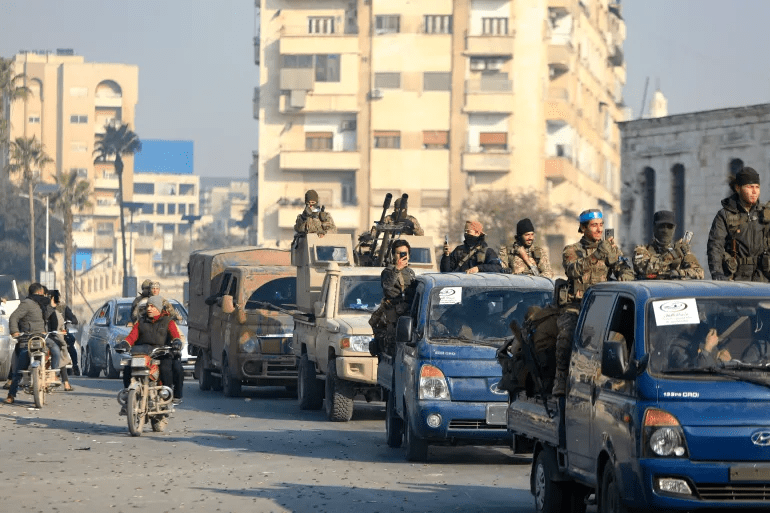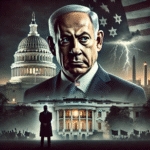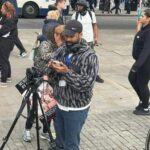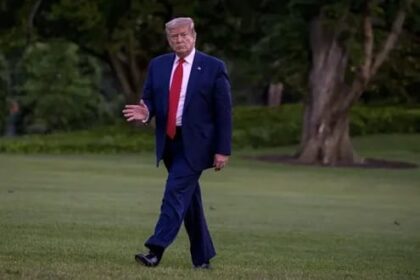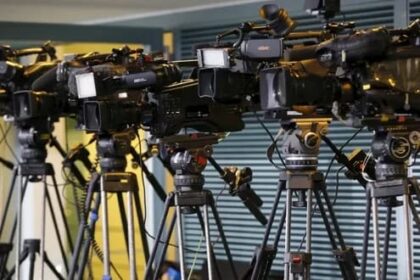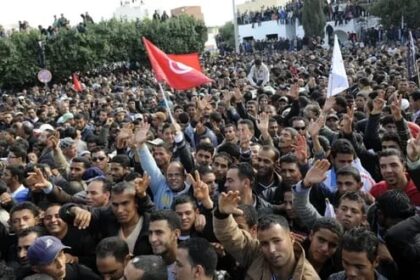Published on: December 5, 2024
مقالات ذات صلة:
So That We Are Not Cannon Fodder in Syria
Since the colonial era, Arab and Islamic nations have been trapped in an endless cycle of expansionist and occupation-driven conflicts—both direct and indirect. With the spread of proxy regimes serving the interests of external powers, the entire region has become a battlefield of unrelenting turmoil, shifting from one hotspot to another.
As trust in Arab military institutions eroded, armed movements seeking resistance or change began to emerge in the early 1980s. Their first major engagement came with the Soviet invasion of Afghanistan in 1979, followed by conflicts in Bosnia and Herzegovina in the 1990s, then Chechnya and Iraq.
Despite differences in context, most of these experiences—relying on armed struggle outside conventional military frameworks—ended in major setbacks. They yielded little for their people beyond destruction and endless bloodshed.
These experiences make it evident that we have often been mere pawns—cannon fodder in proxy wars that serve the interests of major powers. Most of these movements lacked effective political arms, a comprehensive strategic vision, or a nuanced understanding of international dynamics and the key players involved. This raises a crucial question: What is the real issue we face as a region? How do we navigate these intertwined conflicts of interest? And how can we achieve our larger aspirations?
Syria: A Battlefield of Conflicting Interests
For Turkey, Syria represents a direct extension of its national security. Ankara supports opposition factions against the Syrian regime, seeing them as a buffer against Kurdish separatist ambitions.
Iran, on the other hand, views Syria as a strategic corridor connecting it to Hezbollah through what is known as the “Shia Crescent,” stretching from Iran through Iraq and Syria to Lebanon. Iran’s presence in Syria is also part of its defensive strategy, using the country as a “shield” against potential Israeli or Western attacks, while leveraging it as a bargaining chip in negotiations with the U.S. and Israel.
Israel, meanwhile, perceives Syria as a direct security threat due to Iran’s heavy military presence. Syria has become a hub for Iranian forces, including the Islamic Revolutionary Guard Corps and Hezbollah, with Damascus serving as Hezbollah’s primary supply route.
For Russia, Syria is a key component of its geopolitical strategy. The Tartus naval base on the Mediterranean ensures Moscow’s access to warm waters, while its military presence solidifies its role as a major global player, counterbalancing U.S. and European influence.
Washington is far from absent in this conflict. The U.S. backs Kurdish forces in northern Syria, primarily represented by the Syrian Democratic Forces (SDF), which it views as a crucial ally in the fight against what it calls “terrorism.” Supporting the Kurds also serves as a counterweight to Iranian influence, aligning with Israeli interests.
Has the Arab World Forgotten Palestine?
Many ask: Where do Arab nations stand on Palestine and the genocide unfolding there? Have the people forgotten Palestine? The answer is clear—no, they have not. However, they have been systematically sidelined from playing any meaningful role in supporting the cause, thanks to the oppressive regimes ruling over them.
A deeper look reveals that our greatest enemy is not just external aggression, but internal tyranny. Bloodshed and principles are indivisible. If Palestine is the unifying cause of the Arab world, then freedom and justice are the only means to achieving it. Without despotism, Israel would never have secured a foothold in the region. Without oppressive regimes, Israeli fighter jets would not roam freely over Arab capitals, unchecked and unchallenged.
It is no surprise that those complicit in the genocide in Gaza are the first to declare their support for Bashar al-Assad, with similar stances echoed by other nations.
Tyranny and Resistance Cannot Coexist
Hezbollah undeniably played a significant role in supporting Gaza during the recent war, a fact no fair observer can deny. The movement paid a heavy price for its stance. However, this does not erase its involvement in atrocities or its alignment with oppressive regimes.
Its intervention in Syria was a turning point that shook its very foundations. As The Wall Street Journal reported, Syria became the Achilles’ heel that exposed the group’s security vulnerabilities. In contrast, Hamas took a historic stance in 2012 by severing ties with the Assad regime, refusing to associate itself with some of the most heinous crimes. This decision, at the very least, secured Hamas broader Islamic legitimacy and support.
Today, Hezbollah stands at a critical crossroads. Will it remain shackled by its alliances with oppressive regimes that have drained its credibility? Will it choose to be a true resistance force or a tyrannical entity?
The organization should have learned its lesson by now. It engaged in the recent battle of resistance (The Al-Aqsa Flood) after standing with the Assad regime in Syria. The reality—despite all triumphant rhetoric—has shaken its core. The party faces an existential dilemma that could determine its future.
To Avoid Becoming Cannon Fodder Again
Recently, Syrian opposition forces have shown some flexibility, albeit insufficient. On the surface, they still struggle with political maneuvering and strategic alliances, and their leadership lacks a comprehensive global vision. The greatest fear is that internal divisions could resurface, a key reason behind their setbacks and the loss of hard-won gains after 2015.
Another critical factor is the discontinuation of external support. Weapons and funding do not fall from the sky—each donor has its own agenda, interests, and expected returns. Has the opposition calculated this before its recent offensives and territorial advances? Has it thoroughly analyzed the political landscape, especially concerning Russia and Iran? Does it have the strength to hold onto its gains without collapsing under the dictates of its backers? Has it prepared itself politically for this phase, or is this merely a prelude to yet another massacre at the hands of the regime?
There are no definitive answers, but one thing is clear: If the opposition seeks real gains rather than catastrophic outcomes, it must immediately—if not already—engage in a parallel political battle alongside its military efforts. It must present itself as part of the solution, not the problem, demonstrating enough flexibility to convince key stakeholders—even temporarily—that it is the best alternative to a failed, fragmented state under Assad’s rule.
The Syrian opposition should be given the chance to engage with Hezbollah if the latter chooses to return to the path of resistance—not because past crimes can be overlooked, but to prevent further bloodshed and preserve arms aimed at Israel. However, this depends entirely on Hezbollah’s decision to abandon its past mistakes.
For its part, Hezbollah must understand that if it genuinely commits to resistance, rather than tyranny, the free people of the region will not stand in its way. On the contrary, they will rally behind it—just as they did in 2006. The movement will not lose its strategic gains in Syria if it takes the right course of action.
The Role of Global Balances
Russia seeks guarantees for its access to warm waters. Playing global power balances to one’s advantage is the strategy of the shrewd and resourceful. The opposition must also display pragmatism toward Iran, which often compartmentalizes its conflicts. Tehran has struck deals with Turkey and even Saudi Arabia despite deep-rooted disputes. Iran now knows—more than ever—that it cannot sustain a prolonged war in Syria while burdened with mounting crises. It needs negotiations, a pause to recuperate, and a chance to rebuild.
As for Turkey, its primary concern remains the Kurdish question and preventing another wave of refugees. The opposition merely needs to demonstrate strategic coordination and vision to retain Ankara’s backing.
The United States, especially under a potential Trump administration, will prioritize China and, to a lesser extent, Iran. Turkey could reassure Washington enough to encourage a more hands-off approach.
For the Syrian opposition, closing the political gap that previously weakened it is no longer optional—it is a necessity. No rational actor can expect to take Damascus without international backing or at least a minimal level of political consensus. Without this, military efforts and battlefield victories will be insufficient to prevent Syrians from once again becoming cannon fodder in a reckless adventure leading only to disaster.

